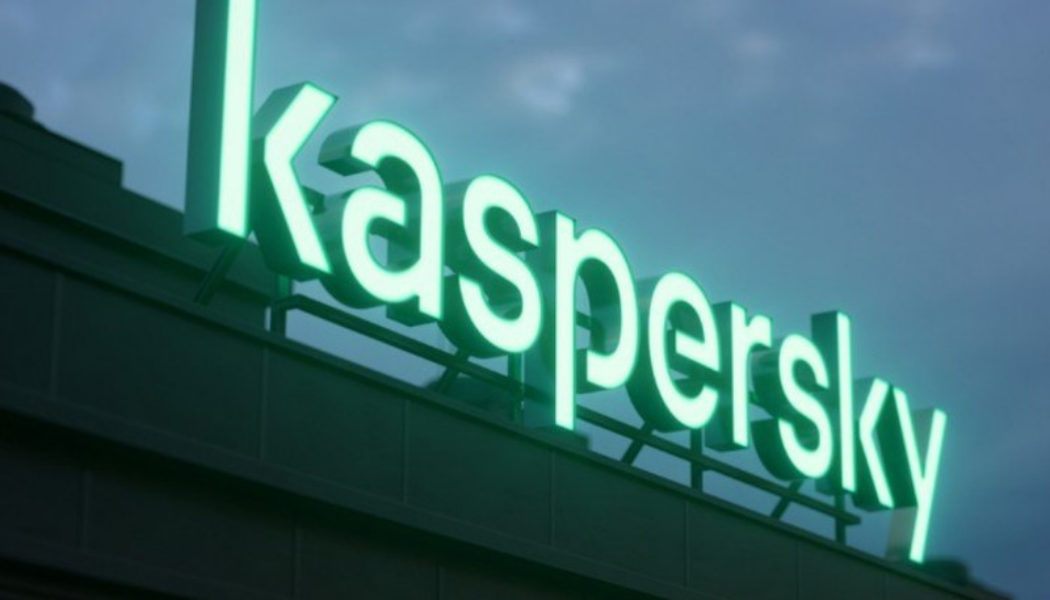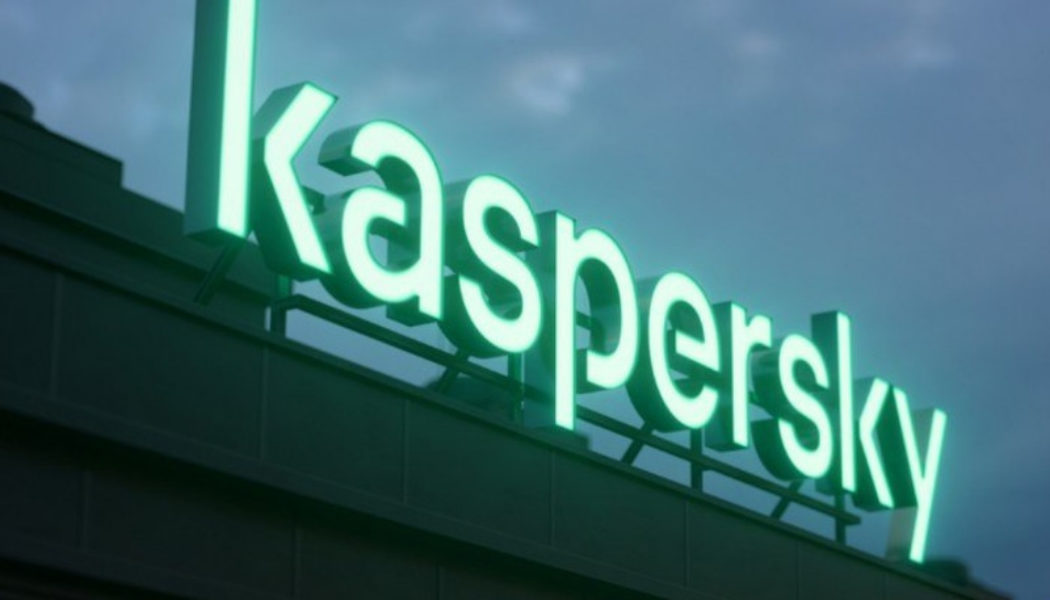Kaspersky Antivirus
Ukraine War Leads to Largest Ever Spike in DDoS Attacks – Kaspersky
Image sourced from Packetlabs. According to Russian cybersecurity group Kasperksy, compared to Q1 2021, the number of Distributed Denial of Service (DDoS) attacks in Q1 2022 rose 4.5 times with a considerable number of the attacks likely to be the result of hacktivist activity. Kaspersky says it operates independently from the Russian government, even as its antivirus software is being investigated in Europe. The firm continues that the attacks also showed an unprecedented duration for DDoS sessions, particularly those aimed at state resources and banks. Further information has been included in a report issued by Kaspersky. DDoS Attacks Distributed Denial of Service (DDoS) attacks are designed to interrupt network resources used by businesses and organisations and prevent them from functio...
Italy Investigates Russia’s Kaspersky for Allegedly Launching Cyberattacks
Sourced from Hypertext On Friday, Italy’s data watchdog said it is investigating Kaspersky, a Russian multinational cybersecurity company, for launching cyberattacks. According to The Guardian, the agency says it followed “alarms sounded by many Italian and European organisations specialised in computer security” over the potential use of Kaspersky software for hacking assaults in the wake of Russia’s invasion of Ukraine. The agency reportedly asked the company to provide details on the number and profiles of Italian users and whether their data was being transferred to Russia or elsewhere. Reuters reported that Germany’s British Standards Institution (BSI) also warned users of the antivirus software, saying the company could be coerced by Russian government agents to hack IT systems abroa...







